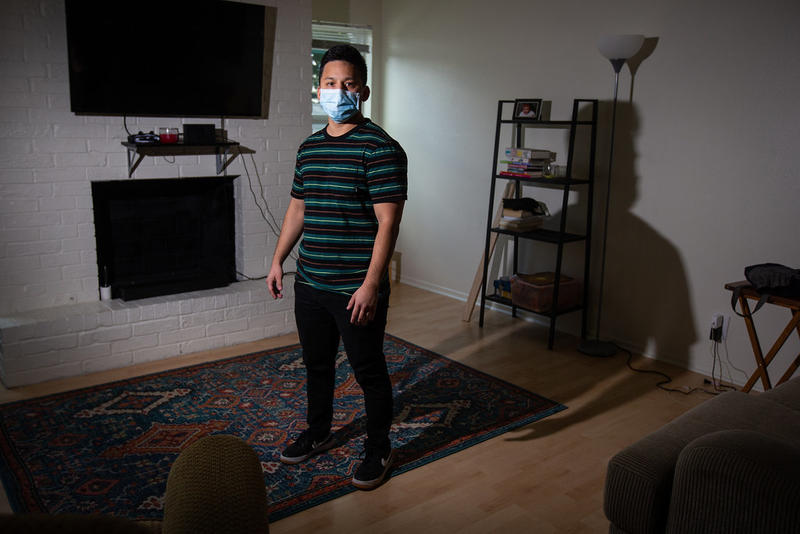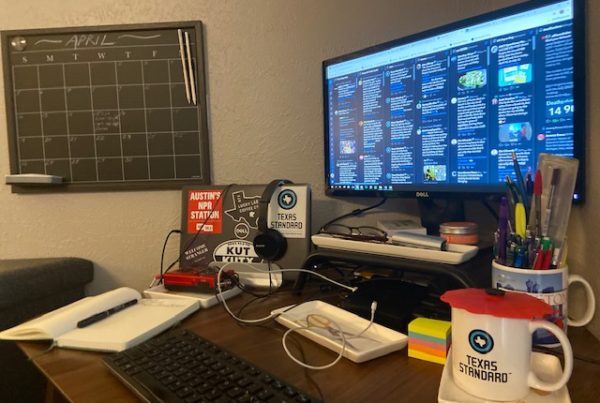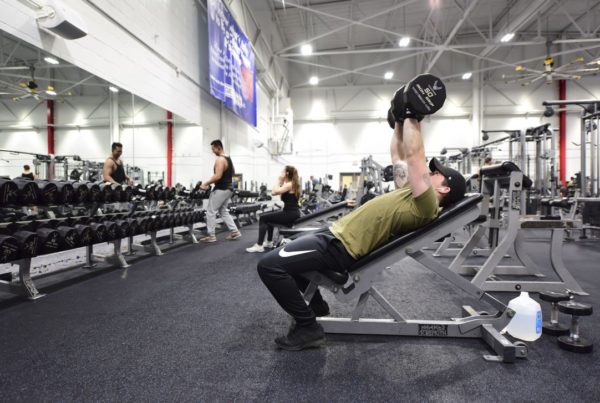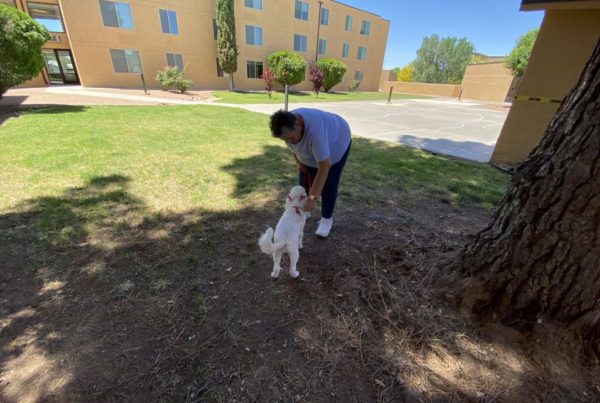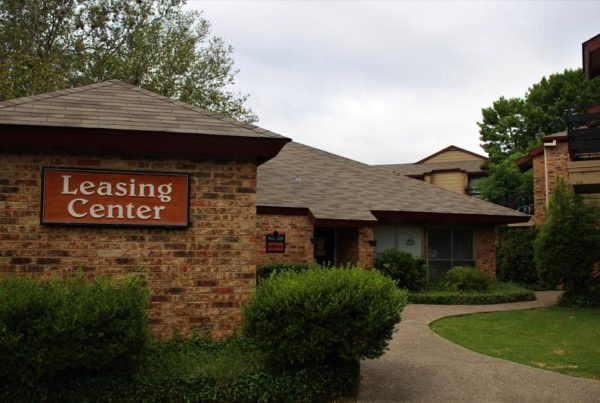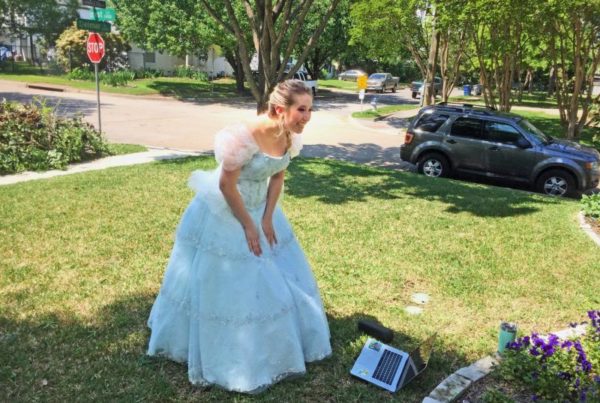From KUT:
Sean Saldaña decided earlier this year that at 23 he was too old to be sharing an apartment with his dad. So, the UT Austin senior began hunting for a new place to live.
At the same time, COVID-19 started its spread across the U.S. In March, Austin leaders announced the city would essentially shut down; Saldaña felt the window he had to move was also shutting.
“Am I going to be able to move or am I going to be locked in this apartment by armed guards for the next six months?” he said.
He found a one-bedroom apartment in North Austin he liked and could afford at just over $1,000 a month. (Saldaña has been working full-time while finishing his bachelor’s degree in government.) When he moved into his new place at the end of March there was little fanfare; the leasing company left the door unlocked and a packet on the kitchen counter welcoming him to the complex.
Next, he had to fill the place. Saldaña owned few pieces of furniture. He was also on a budget. How do you shop second-hand during a pandemic?
“I’m on Craigslist asking people, like, ‘Have you had a dry cough in the past two weeks?’” he said.
Under normal circumstances, moving can be stressful: You have to pay a lot of money upfront, sign legally binding documents and then move everything you own – sometimes across town, state lines or the country, and sometimes on a strained budget. A global pandemic only magnifies these stressors.
That’s especially true for renters. While the rate of the U.S. population that moves each year has been declining, renters continue to move more often than homeowners and tend to be lower income. Plus, for many renters, moving is not a choice in the way buying a home is. While evictions in Austin are paused until at least July 25, leases end – even during a pandemic – and sometimes can’t be renewed.
That was the case for Vanessa Mitchell. The 39-year-old had been living in Northwest Austin for nearly five years when her landlord told her the building was being sold and she’d have to move out when her lease expired in April.
Mitchell searched online for a new apartment, committing to only view a place in person if she felt there was a strong chance she would rent it; she didn’t want to risk infection by walking into a slew of apartments. At the studio she ended up renting in Tarrytown, the landlord handed her Clorox wipes as she entered the apartment in case she touched anything. To avoid the stress of a prolonged apartment hunt, Mitchell agreed to take the place almost immediately.
“We both really wanted to just get it settled,” she said. “So, I ended up seeing the place and then taking it that same day.”
Signing a lease and agreeing to pay $925 a month in rent for the next 12 months created a lot of anxiety for Mitchell. She works three jobs – she’s a running coach, an executive assistant and a bookkeeper – and she wasn’t sure if any one of these sources of income would still exist in the next year.
There is some evidence renters who have a choice about moving are holding off during the pandemic. Cameron Brown, the owner of Einstein Moving Co., said business in Austin had dropped 11% in April compared to the same month last year.
“There’s less demand for moving right now,” he said.
While May seems to be picking up, he said, he is worried because the summer months are typically the busiest for movers.
Brown said he’d heard anecdotally of more people asking to extend their leases to avoid a move. But some renters KUT spoke with expressed hesitation about hiring movers because that means more people touching your belongings and risking infection. Brown said since late March he’s required his movers to get their temperatures checked before a job and to wear masks. Gloves don’t hold up during a move, he said, so instead they’ve opted for lots of handwashing.
Stephania Herrera said she will be hiring movers, after a cross-country move from Miami to Austin four years ago without professional help.
The preschool teacher and her husband, who is finishing a master’s degree in architecture at UT, are looking for a new place to live after their lease expires in mid-July. Herrera said hunting for a place has also become more complicated; leasing agents say they’re opting for virtual or self-guided visits.
She said one of the hardest things is trying to get a good feel from the people leasing the apartment.
“We don’t have contact with people,” she said. Instead of walking into a leasing office and being able to ask questions, it’s all being done remotely. “It’s just through the phone and sometimes the communication is not really good, we’re not understanding each other. I miss that interaction.”
Travis Hyzak, a library associate with Austin Public Library, also has had to judge people online. In his case, though, it was to find a new roommate. He was sharing a three-bedroom house in North Austin with his girlfriend and a mutual friend who decided to move out. Hyzak had to interview replacements via video chat, giving them virtual tours.
“Everybody pretty much understood that’s just the way it had to be,” he said.
Hyzak and his girlfriend eventually chose a new roommate. They agreed she’d limit the number of people helping her move in; she kept it to three, with only two people entering the house. Even though Hyazk said he understood the inclination to ask her to self-quarantine, he decided not to ask.
“I wouldn’t want to ask somebody to just quarantine in their room and not feel welcome in the rest of the house,” he said.
For Mitchell, the move to Tarrytown was perhaps not the hardest part. She went from living with a roommate to living alone, which, she said, normally wouldn’t be so bad. But because of the requirement to physically distance from others, she hasn’t seen friends in months. She said even her cat seems sick of her.
“It’s extremely lonely,” Mitchell said. “I miss hugs.”
If you found the reporting above valuable, please consider making a donation to support it here. Your gift helps pay for everything you find on texasstandard.org and KUT.org. Thanks for donating today.


